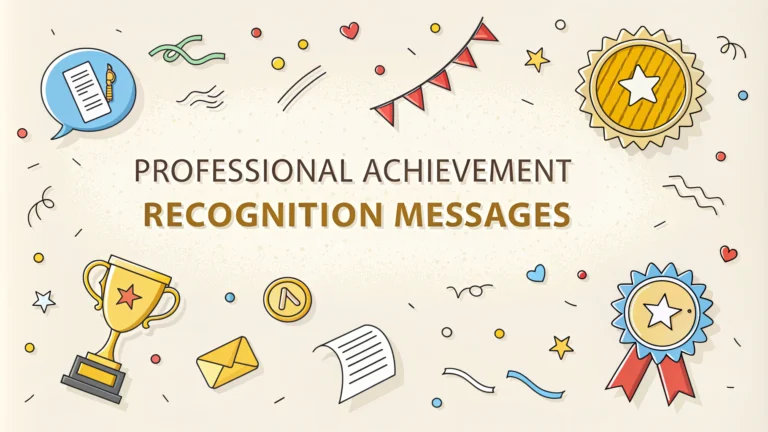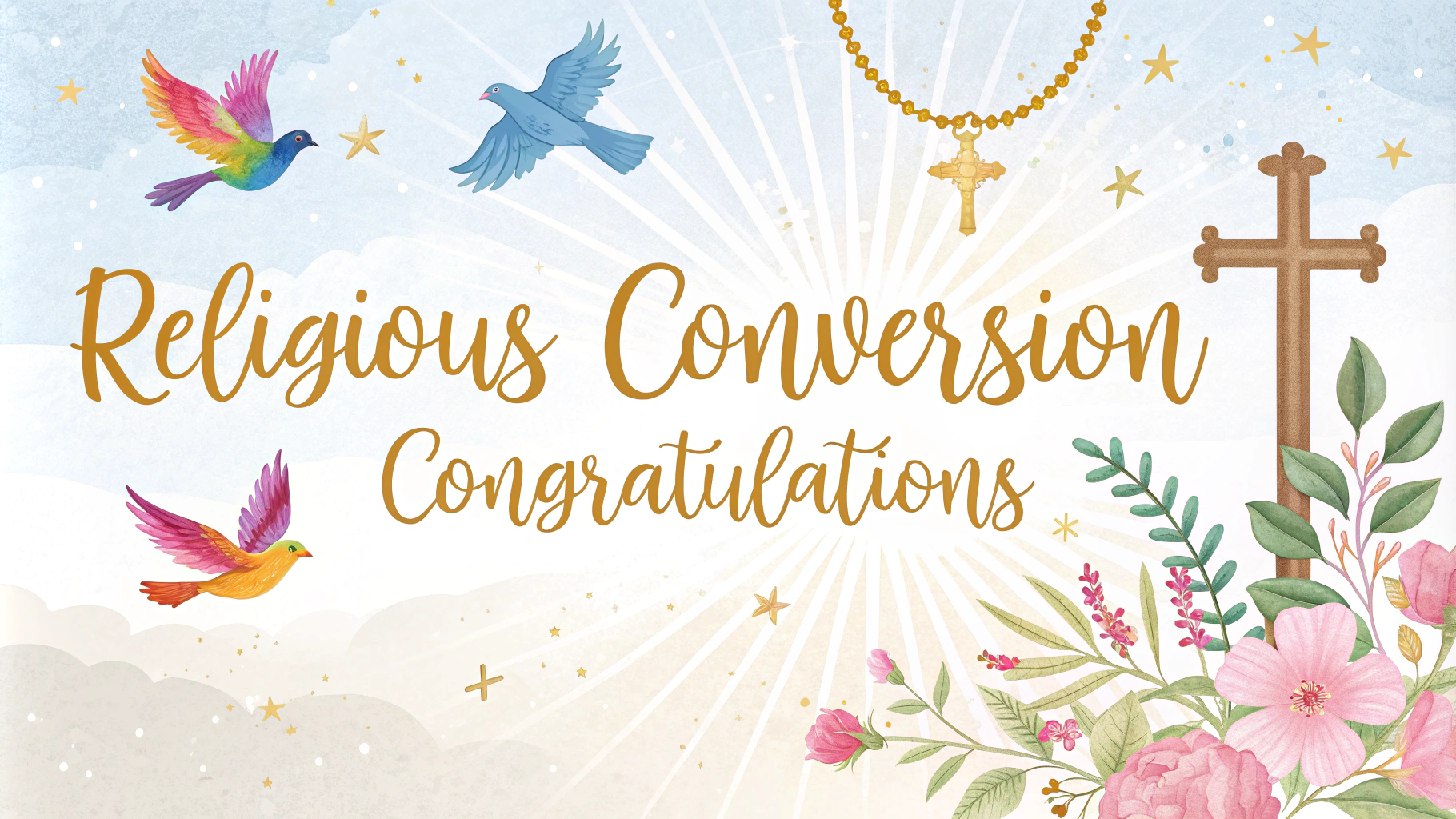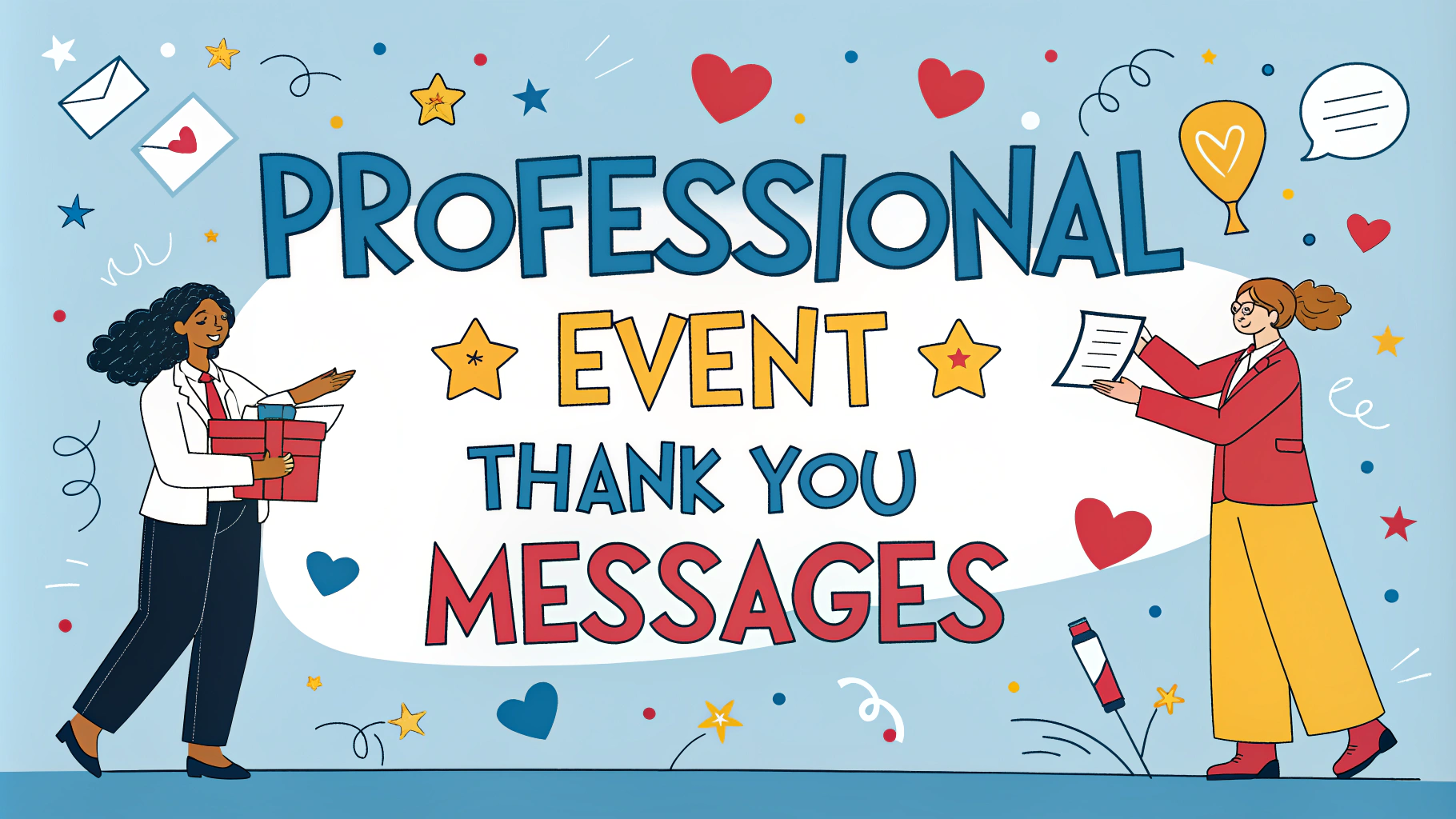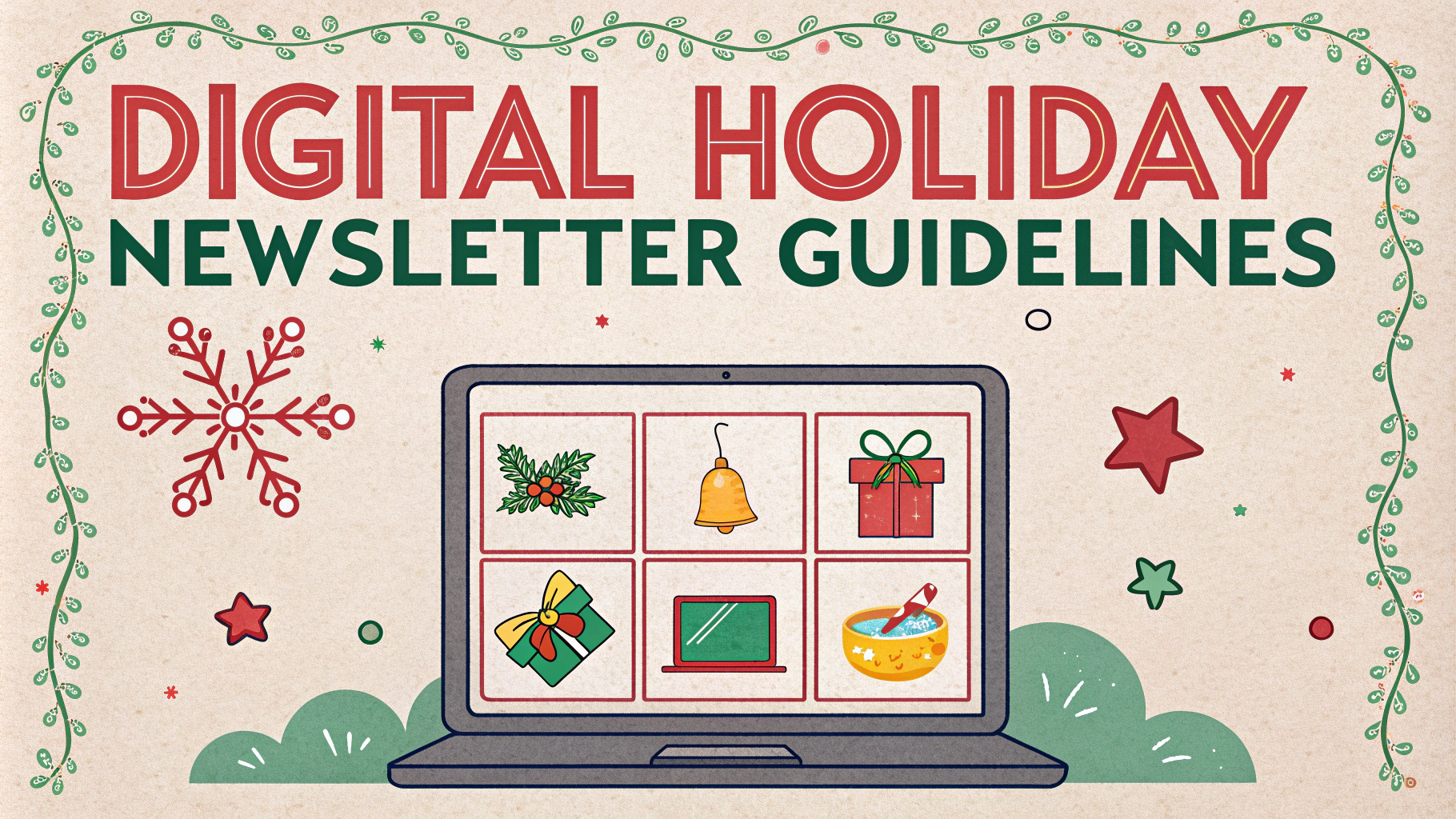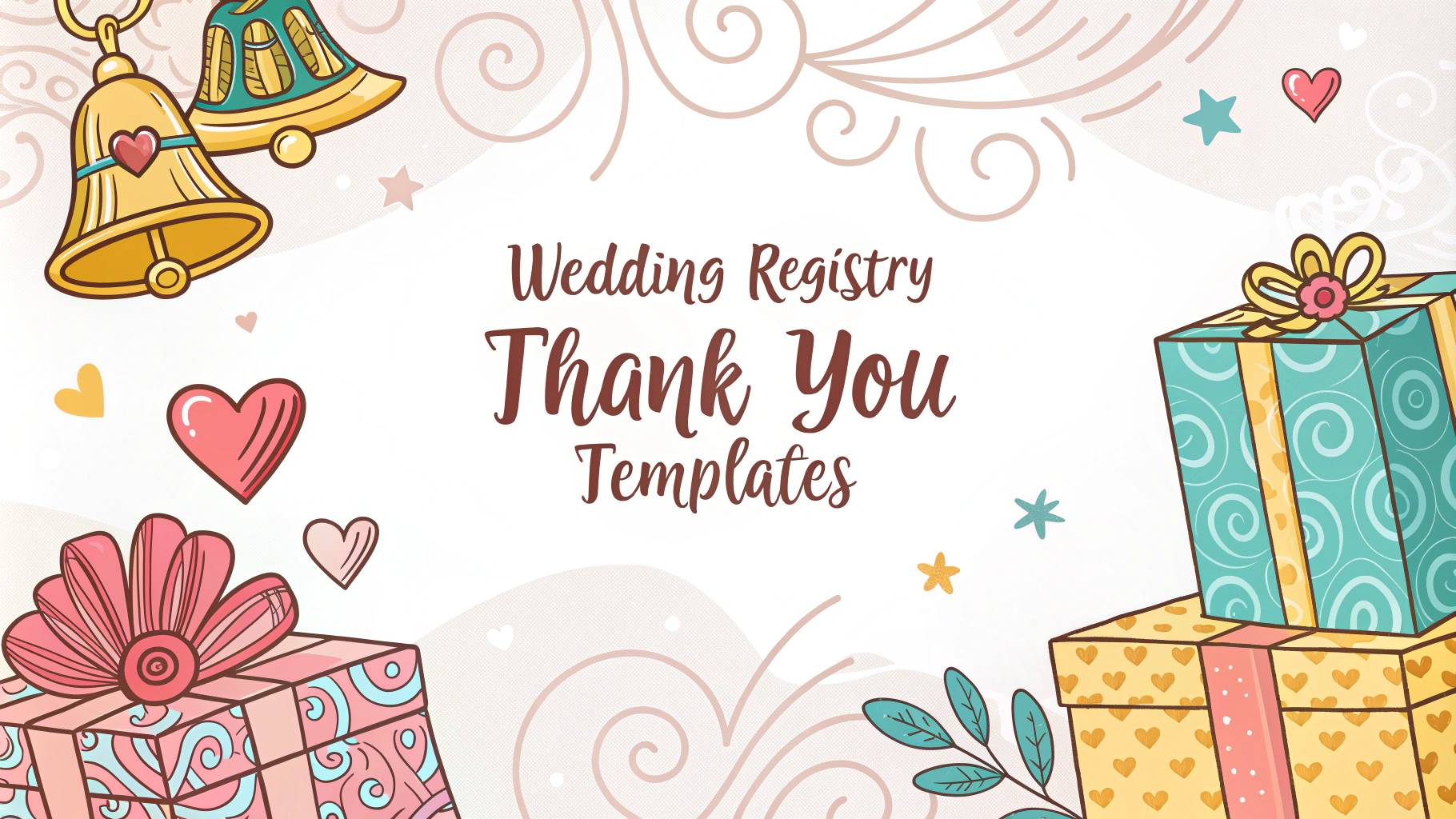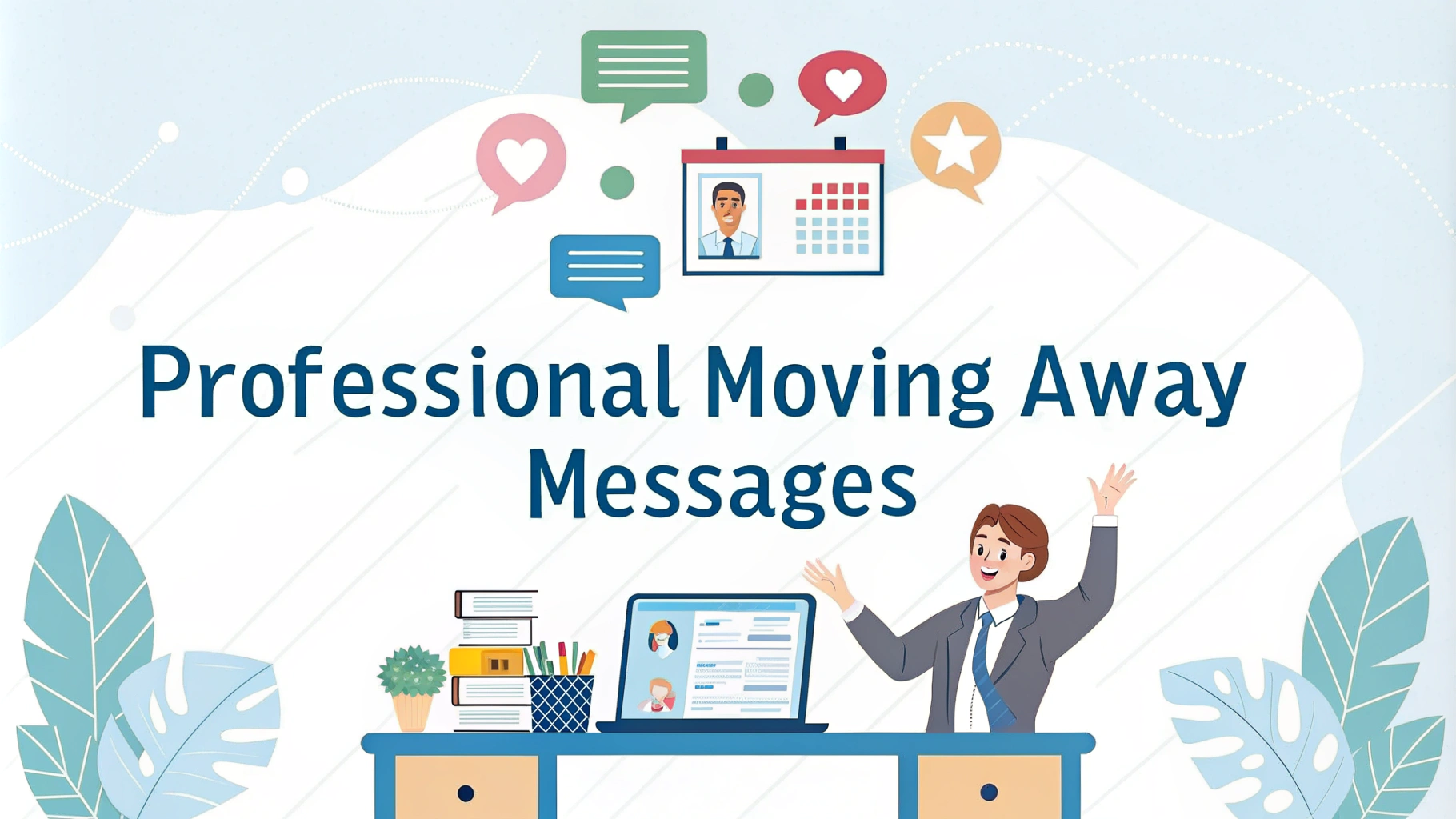Recognizing professional achievements properly can significantly boost team morale and create a positive work environment.
A well-crafted achievement message shows genuine appreciation while maintaining professional standards.
Essential Components of Professional Achievement Messages
- Specific accomplishment details
- Personal touch without being too casual
- Timely delivery
- Appropriate tone for your industry
Sample Messages for Different Achievements
| Achievement Type | Message Example |
|---|---|
| Promotion | “Congratulations on your well-deserved promotion to [position]. Your dedication and expertise make you perfect for this role.” |
| Project Completion | “Outstanding work on completing the [project name]. Your leadership brought this project to successful completion ahead of schedule.” |
| Sales Target | “Exceptional job reaching 150% of your quarterly target. Your consistent performance sets a high standard.” |
Best Practices for Writing Achievement Messages
- Be specific about the achievement
- Mention the impact on the organization
- Keep the tone professional yet warm
- Include future-focused encouragement
Delivery Methods
- Email: For formal recognition or when documentation is needed
- Handwritten Note: Adds a personal touch for special achievements
- Team Meeting: Public recognition for collaborative achievements
- Company Newsletter: Sharing major achievements with the whole organization
Quick response times show genuine appreciation and reinforce positive behavior.
Common Mistakes to Avoid
- Using generic messages without personalization
- Overlooking team contributions in individual recognition
- Waiting too long to acknowledge achievements
- Making comparisons with other employees
Professional achievement messages should align with company culture while maintaining appropriate boundaries.
Templates for Different Industries
Corporate:
“Your exceptional leadership on the Q3 merger demonstrated outstanding strategic thinking and execution skills.”
Creative:
“The innovation you brought to the website redesign project showcases your unique creative vision and technical expertise.”
Healthcare:
“Your dedication to patient care and successful completion of [certification] reflects your commitment to excellence in healthcare.”
Always check your organization’s communication guidelines before sending achievement messages.
Follow-up Actions
- Document the achievement in performance records
- Consider additional rewards or recognition programs
- Plan development opportunities based on demonstrated strengths
- Share success stories through appropriate channels
Implementing Recognition Programs
Structured Recognition Framework
- Establish clear criteria for achievements
- Create regular recognition schedules
- Develop multi-level recognition systems
- Include peer recognition opportunities
Technology Integration
- Digital recognition platforms
- Achievement tracking software
- Social recognition tools
- Automated milestone alerts
Measuring Recognition Impact
| Metric | Measurement Method |
|---|---|
| Employee Engagement | Regular surveys and feedback sessions |
| Performance Improvement | Before and after recognition metrics |
| Retention Rates | Year-over-year comparison |
Long-term Recognition Strategy
Sustainability Elements
- Budget allocation for recognition programs
- Regular program review and updates
- Leadership involvement and support
- Continuous feedback collection
Conclusion
Effective professional achievement recognition is crucial for maintaining a motivated and productive workforce. By implementing structured programs, using appropriate communication channels, and following industry-specific best practices, organizations can create a culture of appreciation that drives success.
Regular evaluation and adaptation of recognition practices ensure their continued effectiveness and relevance. When done correctly, professional achievement recognition becomes a powerful tool for employee engagement and organizational growth.
FAQs
- What are appropriate occasions for sending professional achievement recognition messages?
Job promotions, successful project completions, awards, certifications, business milestones, work anniversaries, successful presentations, securing major clients, publishing work, and completing advanced degrees. - How should I structure a professional achievement congratulatory message?
Start with a direct congratulation, specifically mention the achievement, express genuine appreciation for their hard work, and conclude with forward-looking encouragement or good wishes. - Is it appropriate to send achievement recognition messages through social media?
Yes, platforms like LinkedIn are particularly suitable for professional achievements. However, more personal channels like email or handwritten notes may be more appropriate for closer colleagues or significant accomplishments. - What common mistakes should I avoid when writing achievement recognition messages?
Avoid being overly casual, including inappropriate jokes, comparing to others’ achievements, minimizing the accomplishment, making the message about yourself, or including confidential information. - When is the best timing to send achievement recognition messages?
Send the message within 24-48 hours of learning about the achievement to ensure the recognition feels timely and relevant. - Should achievement recognition messages be sent individually or in group settings?
Important achievements deserve both – a personal message for genuine connection and public recognition (with permission) to amplify the accomplishment within the professional community. - What elements make an achievement recognition message more meaningful?
Specific details about the achievement, personal observations of their journey, recognition of the effort involved, and genuine expressions of how their success impacts the team or organization. - How long should a professional achievement recognition message be?
Keep it concise but meaningful – typically 3-5 sentences for written messages, focusing on the specific achievement and its significance. - Should I include future-oriented comments in achievement recognition messages?
Yes, including positive forward-looking statements about future opportunities or continued success adds value to the recognition message. - Is it appropriate to send achievement recognition messages to superiors or senior colleagues?
Yes, respectfully acknowledging the achievements of senior colleagues or superiors is professional and helps build positive workplace relationships.
